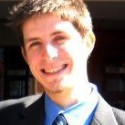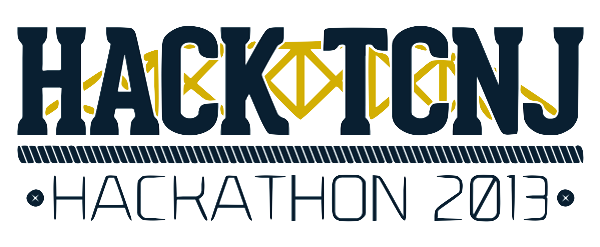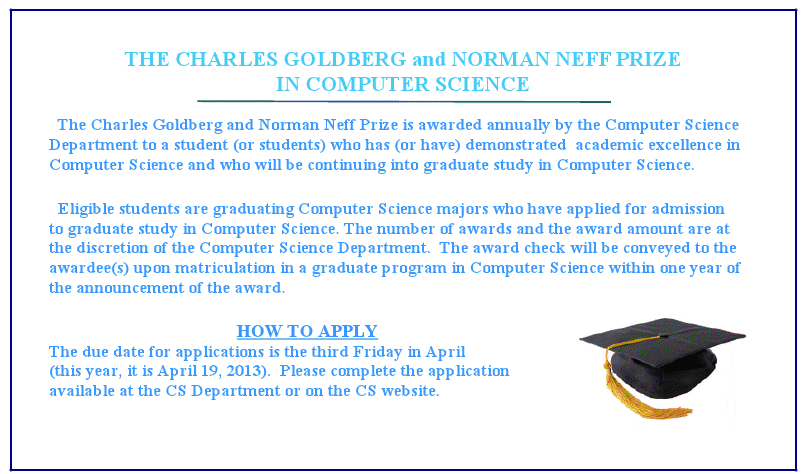Author Archives: Edward Kim

CS student named 2013 KPCB Engineering Fellow
Selected from nearly 1,500 applications from over 120 universities, CS student Glen Oakley was named a 2013 KPCB Engineering Fellow. Please congratulate Glen on his very prestigious award!
Dr. Hock Ng, Bell Laboratories, Alcatel-Lucent, April 2, 2013
The Department of Computer Science presents
Dr. Hock M. Ng
Technical Staff Member
Bell Labs
Alcatel-Lucent
April 2, 2013
Education Building Rm. 113 (tentative)
11:30am – 12:30pm
Refreshments to follow the presentation
iRoom: Experiments with an Intelligent Room
In this talk, I will describe our iRoom research project which shares the vision of smart environments responding to human presence and activity. The goal of iRoom is to make the room environment itself become the human computer interface. For example, the iRoom can determine the identity, location, and visit duration of a person entering the room using inputs from a variety of networked sensors and cameras. We use sensor fusion to determine context from sensor inputs and produce actions responding to the identity and/or activity of the visitor in the room. The iRoom generates in real-time several abstractions of contextual messages that developers can subscribe to in order to build third-party applications. I will describe the architecture, sensors, messaging protocols, algorithms, and potential applications of the iRoom.
Biography:
Dr. Hock M. Ng is a member of technical staff at Bell Laboratories, Alcatel-Lucent in Murray Hill, NJ. He received the B.S., M.S. and Ph.D. degrees in Electrical Engineering from Boston University in 1994, 1997, and 2000, respectively. Currently, his research interests are in the area of sensor fusion, computer vision, data visualization and pervasive computing. Prior to 2008, his research contributions were in the field of molecular beam epitaxy (MBE) of wide bandgap semiconductor materials and devices, with a focus on GaN and ZnO. His work was recognized by the Electrochemical Society with the 2006 Charles W. Tobias Young Investigator Award and by the North American MBE conference with the inaugural 2006 Young Investigator Award. He is also an alumnus of the National Academy of Engineering Frontiers of Engineering Symposium (2004). He is a senior member of the IEEE. In his spare time, he likes to tinker with robotics and 3D-printers.

CS Alumni Stephen Lombardi Named 2013 Jay Modi Award Winner
Stephen Lombardi, computer science Ph.D. candidate at Drexel University and TCNJ alum, is the recipient of the 2013 Jay Modi Award. He will be recognized for his academic accomplishments during the 5th Annual Jay Modi Memorial Lecture March 11, 2013 in Behrakis Grand Hall (3210 Chestnut Street, Philadelphia).
The Jay Modi Award is presented annually to a Computer Science Ph.D. student in recognition of academic excellence and the potential to become a leader in the field.
Lombardi joined Drexel University’s Department of Computer Science in 2009 after completing his bachelor’s degree at The College of New Jersey. Currently a fourth year Ph.D. candidate working with Dr. Ko Nishino, associate professor of computer science, in Drexel’s Vision and Graphics Laboratory. His research interests lie in the area of “physics-based vision,” which investigates the properties of materials, illumination, and shape that ultimately come together to produce an image in a photograph. Recently his work in this area was published in the European Conference on Computer Vision 2012, a top level computer vision conference, as an oral presentation. Following the conference, he began a two-month-long stay in Osaka, Japan working with members of Professor Yasushi Yagi’s laboratory to publish a collaborative paper.
Outside of his research, Steve built and currently maintains an educational computer game, Mathe Monkeys, for use in the classroom by teachers and students. He also enjoys playing guitar and listening to music. Learn more about Lombardi’s research and academic achievements here.
Hack TCNJ

Hosted by the Department of Computer Science and the TCNJ ACM student chapter.
A technical creation and learning experience
March 16th and 17th, 2013
Brower Student Center, The College of New Jersey
Ewing, NJ 08628
Learn
Have you ever wanted to dedicate 24 hours to extend your knowledge and learn a new technology platform, framework, or area? HackTCNJ is the perfect time to jump into a new area. We’ll have development professionals on hand to engage, inspire and assist as much or as little as you wish.
Create
We won’t be focusing on any particular theme or type of app. Come inspired and show us how creative you can be! Web app? You bet. Mobile app? Not a problem. No idea? We’ll do our best to inspire you and help you get creative in expanding your portfolio to show future employers.
Engage
HackTCNJ is open to currently enrolled students of all types (high school, community college, undergraduate, and graduate). Don’t have friends joining you? Not a problem, we’re happy to help you join a team or make some introductions to others flying solo. Don’t be shy, we’ve been there too.
CS Student featured in Popular Science, New York Post, and Lifehacker for Android App

Computer Science student, Thomas Caputi, along with two friends, developed an Android app which allows the user to schedule times when their phone should be completely silent. The app is called “Silence” and has been featured in the print and on-line version of Popular Science magazine and The New York Post. As of this posting, the app has been downloaded over 50,000 times. Thomas was primarily involved with writing the backend, which includes a database library, scheduling, and event handling code.
In regard to the Computer Science skills used in Tom’s program, “the database library that the app uses relied heavily on my understanding of data structures. It uses Queues, LinkedLists, ArrayLists, HashMaps, and some custom data structure I wrote to allow me to map Java Objects to both their class and id number. So I have to say thanks to Professor DePasquale and the Data Structures class here for the foundations in these areas.”
You can see more information at the links below. Thomas and his friends call their “company” Epsilon Labs.
http://www.popsci.com/gadgets/gallery/2013-02/gallery-march-2013s-hottest-gadgets?image=8
http://www.nypost.com/p/news/business/silence_is_gold_for_your_phone_4hhgQE04rcA9xQjjLZN3CN
Silence was also featured on a number of blogs including “lifehacker.” And, has been reviewed on YouTube.
Dr. Michael Gschwind, IBM Systems Technology Group, Multicore Computing and the Cloud, February 12, 2013
The Department of Computer Science presents
Dr. Michael Gschwind
Senior Technical Staff Member
Senior Manager of System Architecture
IBM Systems and Technology Group
ACM Distinguished Speaker
February 12, 2013
Education Building Rm. 113 (tentative)
11:30am – 12:30pm
Refreshments to follow the presentation
Multicore Computing and the Cloud
Abstract:
Cloud computing is emerging as a new technology to exploit multicore computing for large-scale installations and open a new dimension of system architecture at the data center level. Where in the past, a system used to consist of multiple racks, today a single rack, or even a single multicore chip, can host multiple systems. This dramatically improves the ability to utilize and consolidate systems. Using virtualization technologies such as logic partitioning and image migration, running systems can be migrated between different hardware platforms. Image migration may be used to match software execution needs and hardware execution capabilities, to consolidate multiple systems on a single smaller system in order to reduce resource usage during periods of low system use, or to perform system maintenance. Using partition images to provision new virtual systems creates a new dimension in system flexibility. The flexibility created by system virtualization allows systems to be more dynamic, and make IT more consumable by focusing on how systems are used.
Accepted publication in SIGCSE 2013
Congratulations to Dr. Andrea Salgian for her accepted SIGCSE paper titled, “Teaching Creativity in Computer Science”. The paper is co-authored by Teresa Nakra from the Music Department, Chris Ault from IMM, and Yunfeng (Jennifer) Wang from Mechanical Engineering.
Here is an abstract of the paper.
Abstract:
In this paper, we describe how a multidisciplinary undergraduate course in Conducting Robots becomes a venue for fostering creativity and teaching strategies for creativity enhancement. We perform a number of creativity measurements and explain our results in the context of creativity research.
Global Game Jam 2013
TCNJ’s Magic Circle will be hosting a 48 hour game jam on January 25-27, sponsored by the CS and IMM department. You can register for the TCNJ location at globalgamejam.org and by contacting mcircle@tcnj.edu. No experience making games required.


